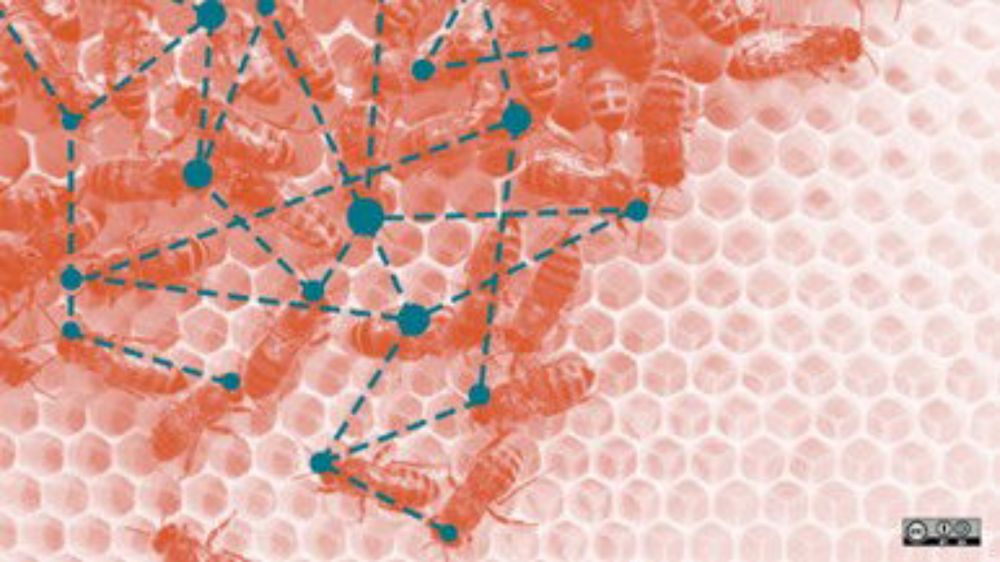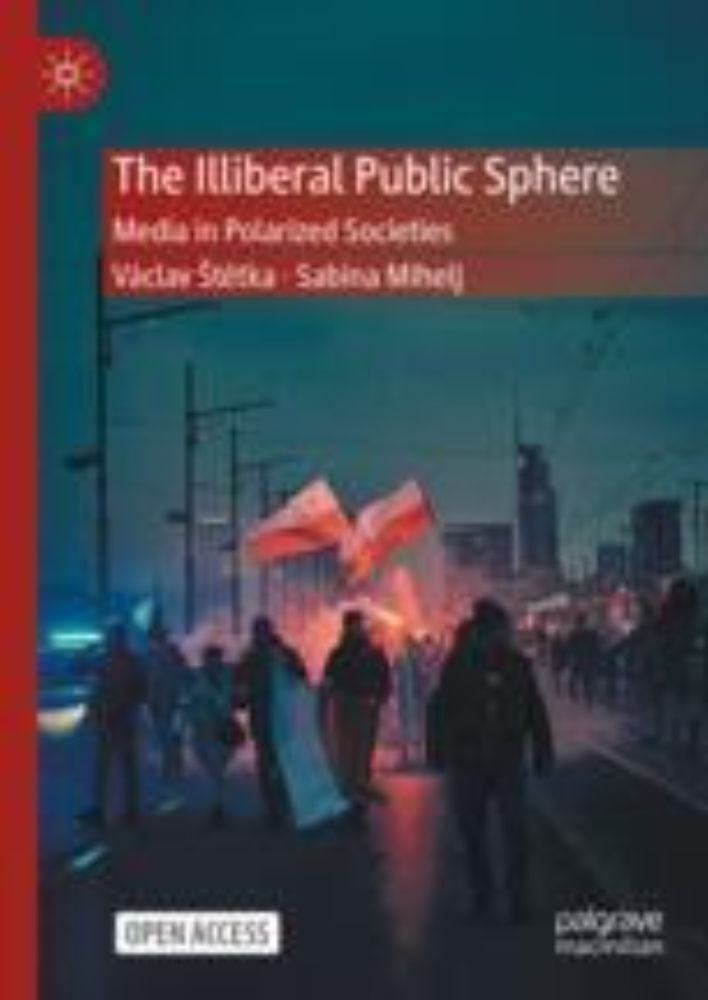3-year AHRC-funded project ‘(Mis)Translating Deceit: Disinformation as a Translingual, Discursive Dynamic’. PI: Stephen Hutchings / Lead Co-I: Vera Tolz
@OfficialUoM
@oupolitics.bsky.social @ou-gcsj.bsky.social
theconversation.com/rt-india-how...

Reposted by Stephen Hutchings

@oupolitics.bsky.social @ou-gcsj.bsky.social
theconversation.com/rt-india-how...



- Belsat: belsat.eu/89015792/ras...
- SVT: www.svt.se/kultur/ryska....
- Lupa: lupa.uol.com.br/jornalismo/2... AND lupa.uol.com.br/jornalismo/2...



Reposted by Stephen Hutchings

@oupolitics.bsky.social
www.bbc.com/news/article...

Reposted by Stephen Hutchings

fpif.org/debunking-pu...
Reposted by Stephen Hutchings



Reposted by Sabina Mihelj, Vera Tolz
📚 Best Book
The Illiberal Public Sphere: Media in Polarized Societies
by @sabinamihelj.bsky.social & @vstetka.bsky.social. You can access it, it is in open access!
link.springer.com/book/10.1007...
🧵

Reposted by Stephen Hutchings, Sabina Mihelj

📚 Best Book
The Illiberal Public Sphere: Media in Polarized Societies
by @sabinamihelj.bsky.social & @vstetka.bsky.social. You can access it, it is in open access!
link.springer.com/book/10.1007...
🧵

Reposted by Sabina Mihelj

